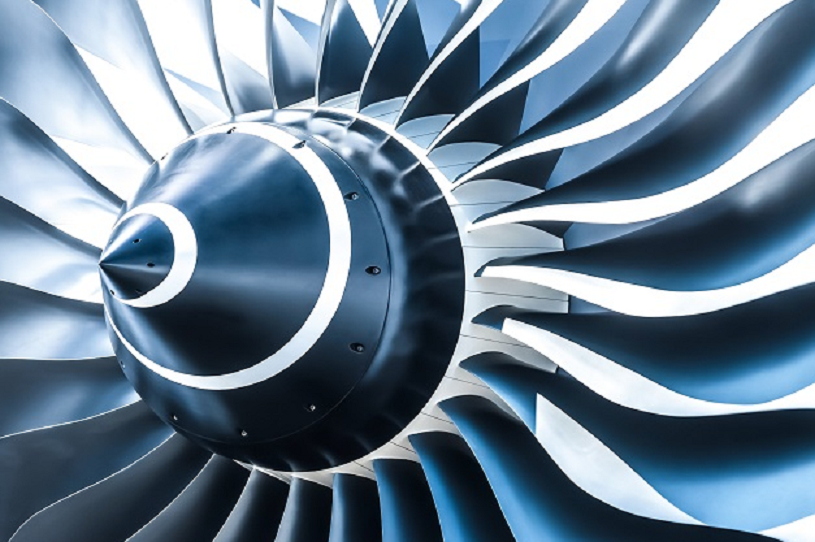
Titanium is an important refractory metal. Titanium alloy has the characteristics of low density, high specific strength, good corrosion resistance, low thermal conductivity, being non-toxic and non-magnetic, weldability, good biocompatibility, and strong surface decoration. Many countries in the world have recognized the importance of titanium alloy materials. In this article, we’ll take a look at 6 major uses of titanium.
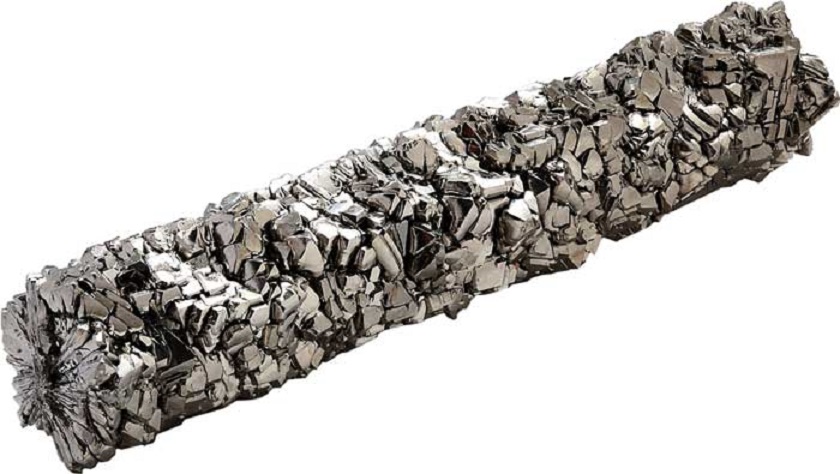
Uses of Titanium
In Western countries, such as the United States, 60% of titanium materials are used in the aerospace field. However, with the rapid development of Asian aerospace in recent years, the consumption of titanium in the aerospace field will increase accordingly. From a global perspective, the aviation industry plays a decisive role in the titanium market.
In 2011, global titanium production reached 148,000 tons, of which about 64 thousand tons of titanium for commercial aviation. The future global economic growth will still have a huge demand for air transport. It is estimated that the demand for new aircraft in the next 20 years will be about 30,000.

Uses of Titanium
At the same time, the demand for titanium in new aircraft is higher than that in older aircraft. It is expected that the average demand for titanium in commercial aircraft will reach 40 tons per aircraft within 20 years. Based on this calculation, the global demand for titanium in the commercial aviation sector in the next 20 years will be about 1.2 million tons.
In addition, due to the global geopolitical situation, the global military expenditures of various countries have increased, and new demand for titanium is also expected in the military aviation field.
Reducing fuel consumption and harmful gas emissions has become one of the main driving forces and directions for technological progress in the automotive industry. Research shows that for every 10% reduction in the mass of a car, fuel consumption can be saved by 8% -10%, and exhaust emissions can be reduced by 10%.
In terms of driving, the acceleration performance is improved after the vehicle is lightened, and the vehicle control stability, noise, and vibration are also improved. From the perspective of collision safety, after the car is lightened, the inertia during the collision is small and the braking distance is reduced.
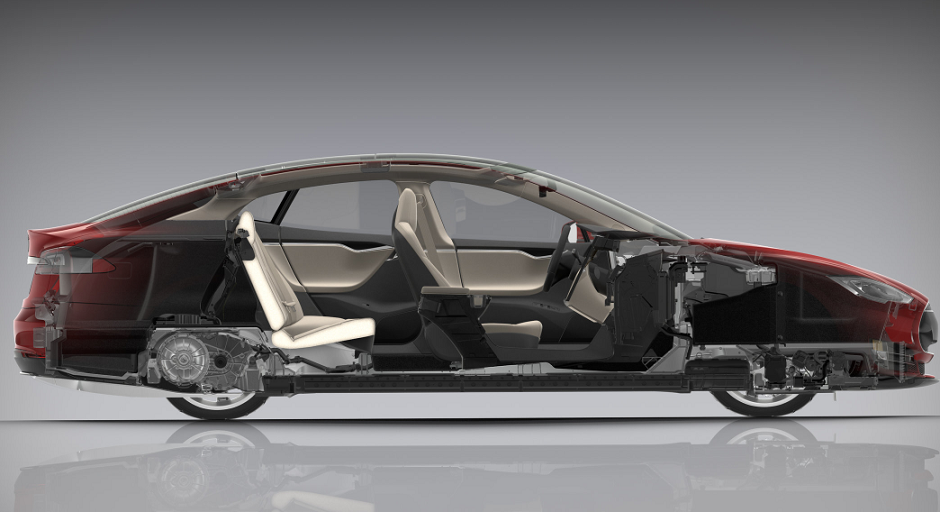
Uses of Titanium
The preferred way to reduce the weight of automobiles is to replace traditional automotive materials such as steel with high-strength lightweight materials such as aluminum, magnesium, and titanium.
Titanium has a wide range of applications in the medical field. Titanium is close to human bones, has good biocompatibility to human tissues, and has no toxic side effects. Human implants are special functional materials that are closely related to human life and health.
Compared with other metal materials, the advantages of using titanium and titanium alloys are mainly the following: lightweight, low elastic modulus, non-magnetic, non-toxic, corrosion resistance, high strength, and good toughness.
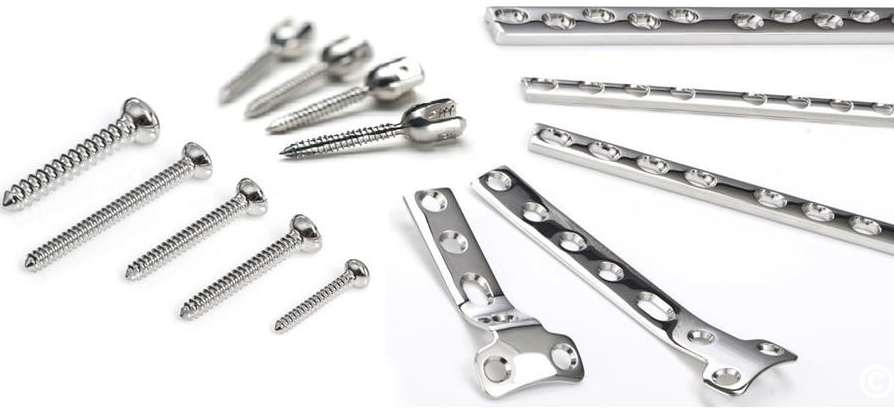
Uses of Titanium
The amount of titanium alloy in surgical implants is increasing at a rate of 5% -7% per year. Hundreds of metal parts made of titanium and titanium alloys, such as the femoral head, hip joint, humerus, skull, knee joint, elbow joint, shoulder joint, metacarpophalangeal joint, fastening screws, etc., have been transplanted into the human body and achieved good effect.
Titanium has excellent corrosion resistance and is widely used in many sectors of the national economy. Especially in chemical production, titanium is used instead of stainless steel, nickel-based alloys, and other rare metals as corrosion-resistant materials.
This is of great significance for increasing production, improving product quality, extending equipment life, reducing consumption, reducing energy consumption, reducing costs, preventing pollution, improving labor conditions, and increasing labor productivity.
Titanium has become one of the main anti-corrosive materials in chemical equipment and has established its corrosion resistance status in chemical equipment. As an ideal material in chemical equipment, titanium has also attracted more and more attention from engineering technicians.
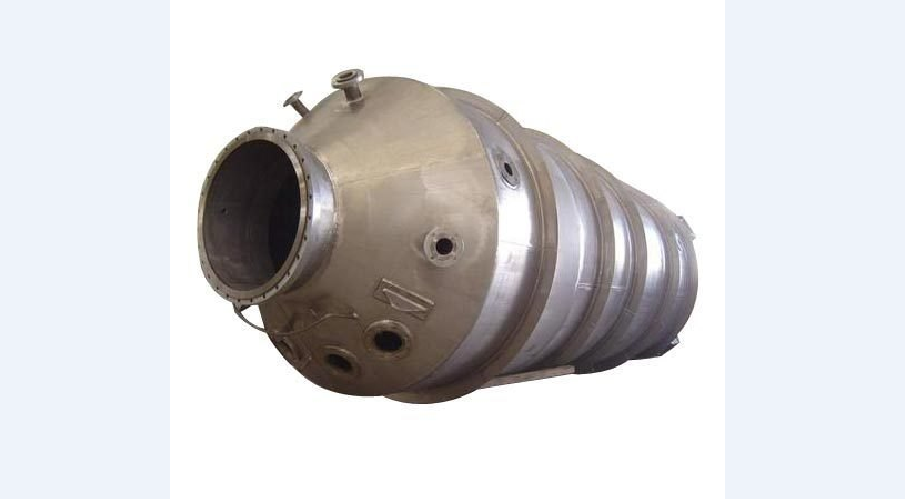
Uses of Titanium
After years of promotion, titanium and its alloys have been widely used in chemical production as an excellent corrosion-resistant structural material. At present, the application of titanium equipment has expanded from the original soda ash and caustic soda industries to chlorate, ammonium chloride, urea, organic synthesis, dyes, inorganic salts, pesticides, synthetic fibers, fertilizers, and fine chemical industries.
With the development of science and technology and the depletion of the resources on land, human development and utilization of the ocean have been mentioned on the agenda.
Titanium has excellent corrosion resistance to seawater and is widely used in seawater desalination, ships, marine thermal energy development, and subsea resource extraction.
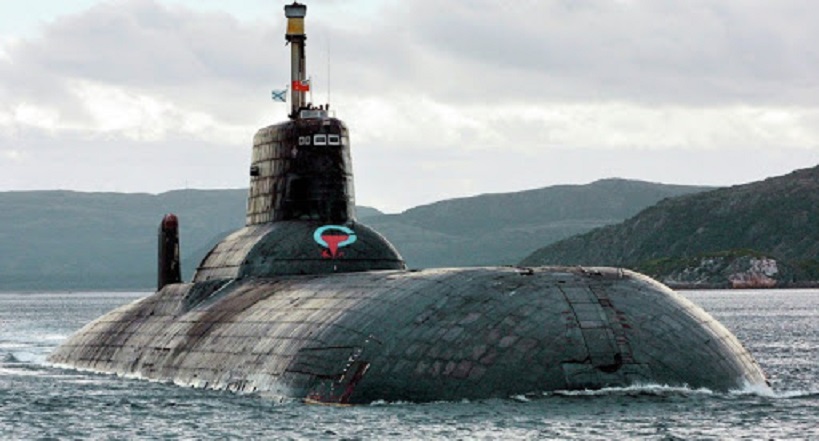
Uses of Titanium
Due to the characteristics of titanium and titanium alloys, they have unique advantages in the application of ships and marine equipment, so they are widely used in nuclear submarines, deep submersibles, atomic energy icebreakers, hydrofoil ships, hovercrafts, minesweepers and propellers, seawater pipelines, condensers, heat exchangers, etc.
Titanium is used in sporting goods because of its lightweight and high strength. The use of titanium has gradually expanded from the earliest tennis rackets and badminton rackets to golf heads, clubs, and racing cars.
Bicycle frames made of titanium alloys are also very popular. Currently, there are nearly 50 companies producing titanium bicycles. The United States has long been the largest manufacturer and consumer of titanium bicycles.
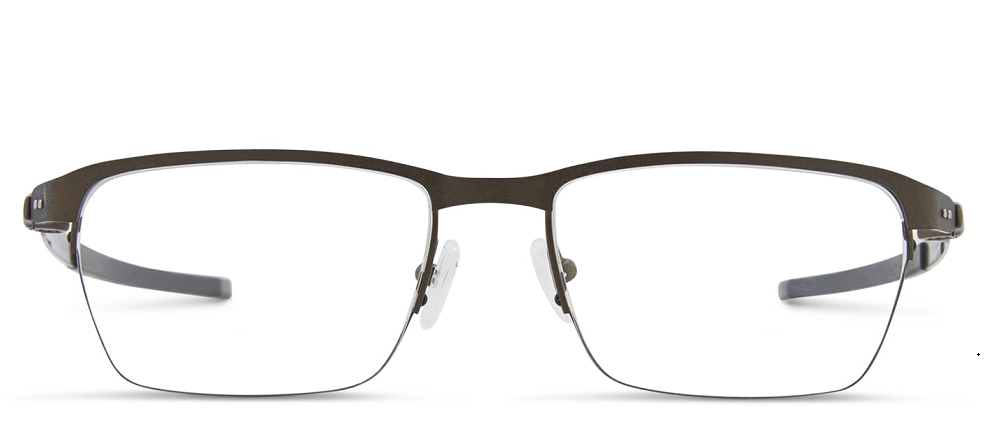
Uses of Titanium
The lightweight titanium is also used in spectacle frames, and titanium is not easily allergic to the skin, and the titanium surface can have brilliant colors after anodizing, so it has been used in frames since the early 1980s.
Thank you for reading our articles and we hope you’ve enjoyed it. If you want to know more about the uses of titanium and other refractory metals, you can visit Advanced Refractory Metals for more information. We provide our customers with high-quality titanium products and other refractory metals at a very competitive price.
Copyright © 1994-2024 Advanced Refractory Metals owned by Oceania International LLC, All Rights Reserved.
It has been useful ,good to learn something new n bring up to date